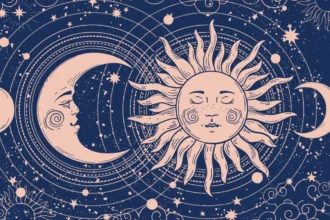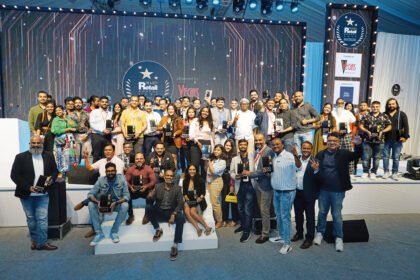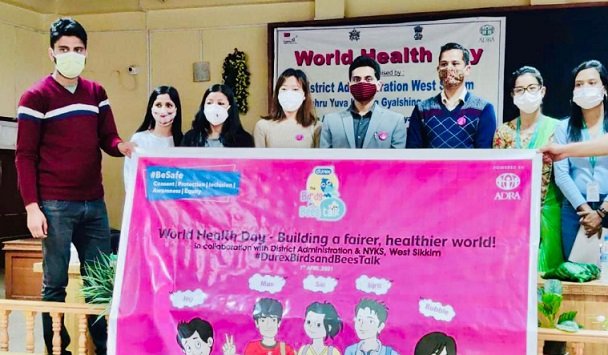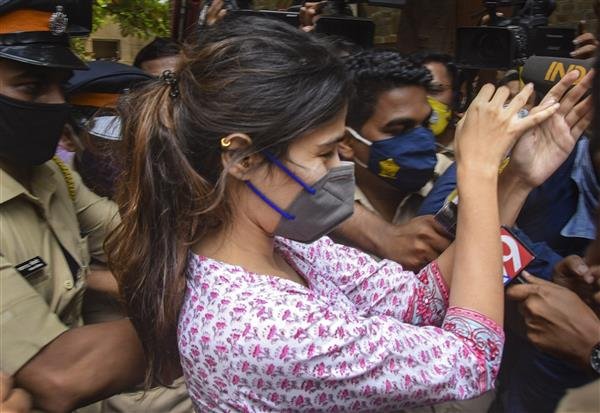February 3, 2022: The future cautious generation believes sustainable development is the key to the future, and the fashion industry is no better than any other who contributes to the overall damages to the planet. The industry is responsible for 10% of the total global emissions and 20% of the wastewater worldwide. Additionally, 87% of the fabrics are incinerated or disposed of in landfills. This is due to the current business model of top fashion brands that promotes a “use and throw” mentality, popularly known as fast fashion.
India has a rich heritage for its fine fabrics, and the production methods were sustainable. The nation once held a monopoly in manufacturing cotton textiles. The country’s silk was also popular and fashionable in Rome. During the Middle Ages, the demand for Indian cotton textiles in East Asian and European markets was huge. It was during this colonial period; that textile had industrialized & our old ways of manufacturing were under threat. This is evident from the Jute factories of Bengal and the textile factories in Bombay that were set up during the colonial period. Since then, India has been following a western trend.
Currently, the marketing strategies incorporated by several fashion brands follows what is now popularly called fast fashion where the industry is contributing to global pollution. Fast fashion brands bring out new styles as often as every week. They do so by setting up several manufacturing units in previously colonial countries, where there are reports of labor exploitation, in addition to land and water pollution. The Middle-class population of the same countries continues to buy these clothes without further contemplation since they are cheaper.
Claudia Henninger in her article, “What is sustainable fashion?” emphasized that sustainable fashion means moving away from the production and consumption practices of the fast fashion system and focusing on slow or circular fashion. This requires a shift in the marketing strategies that promote exploitative & damaging practices. Upcoming new businesses are taking this as a challenge and, ByVandy is one such brand to take on this movement with a complete commitment to being pioneers in the sustainable fashion industry.
ByVandy encourages sustainable practices such as slow fashion and stylish clothes created entirely from leftover stock fabrics and pre-loved vintage items. ByVandy also promotes other sustainable slow fashion brands by making them available at the physical and online stores. One can combat fast fashion with sustainable practices often called slow fashion and Circular fashion. Being part of it can not only prolong the lifespan of our planet in the long term, but you could also play a vital role in healing the world. We need to educate our children about sustainable lifestyles since they are the future of our nation and our planet. We need to act today to bring awareness and bring out our glorious sustainable past incorporated with what we wear.
About Vandana Ananthakrishnan
Vandana is a sustainable stylist & founder of ByVandy, a first-of-its-kind sustainable fashion brand in Kerala. She is a NIFT graduate with additional specialization in fashion designing from CSM (London) and she worked with multinational fast fashion brands. Before starting ByVandy, she was a proud owner of a fast-fashion kids brand – Mini-Me. But after becoming aware of the harm & foul that adds up to destroying our planet, she shifted her focus to circular & slow fashion and made it her mission to educate and reach a wide audience on this. She converted Mini-Me to circular fashion and launched her sustainable brand ByVandy with a vision to be a pioneer in the sustainable fashion industry. She is now getting ready to open her physical store in Kochi, completely set up with only eco-friendly & green methods.















